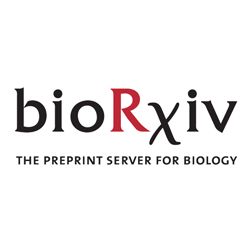Biological insights and methodological challenges learned from working with a diverse heterotrophic marine bacterial library
Background: Organized collections of bacterial strains can help bridge the gap between studying model organisms and communities, through comparative experiments between genetically and phenotypically diverse strains. We describe the establishment and initial characterization of a library of 62 marine heterotrophic bacteria, selected to represent a significant fraction of the genome-encoded functional diversity and a wide range of known phytoplankton-bacteria interactions. We focus on important but often undiscussed aspects of collecting and maintaining such a library, verifying strain identity, and applying classical microbiological methods across diverse strains. Results: Cultured strains contain up to hundreds of mutations compared with the reference genomes, with non-synonymous mutations in rpoB and/or rpoC genes observed in ~15% of the cultures. Most strains grow well at 25C, but the dependence of growth rate on temperature and the width of the temperature niche vary between strains in a systematic manner. We describe steps towards designing a universal, defined, minimal media for marine bacteria, revealing that growth inhibition on amino acids and peptides by carbohydrates is widespread. Cell counts obtained from flow cytometry and colony plating differ systematically, as do different methods to assess motility. Finally, we discuss traits potentially related to microbial interactions such as hemolysis, biofilm formation, and antibiotic resistance. Gammaproteobacteria such as Alteromonas, Pseudoalteromonas, and Vibrio reveal consistently robust growth, and activity, perhaps explaining why these clades are well-explored. Conclusion: Explicitly discussing the insights and challenges of working with strain libraries will pave the way to robust, reproducible, and generalizable mapping of bacterial traits across diversity. ### Competing Interest Statement The authors have declared no competing interest. Human Frontiers Research Program, RGP0020/2016 National Science Foundation - United States-Israel Binational Science Foundation, NSFOCE-BSF 1635070, NSF-BSF 2246707 NSF Center for Chemical Currencies of a Microbial Planet, publication #81 Israel Science foundation, 1786/20

















































